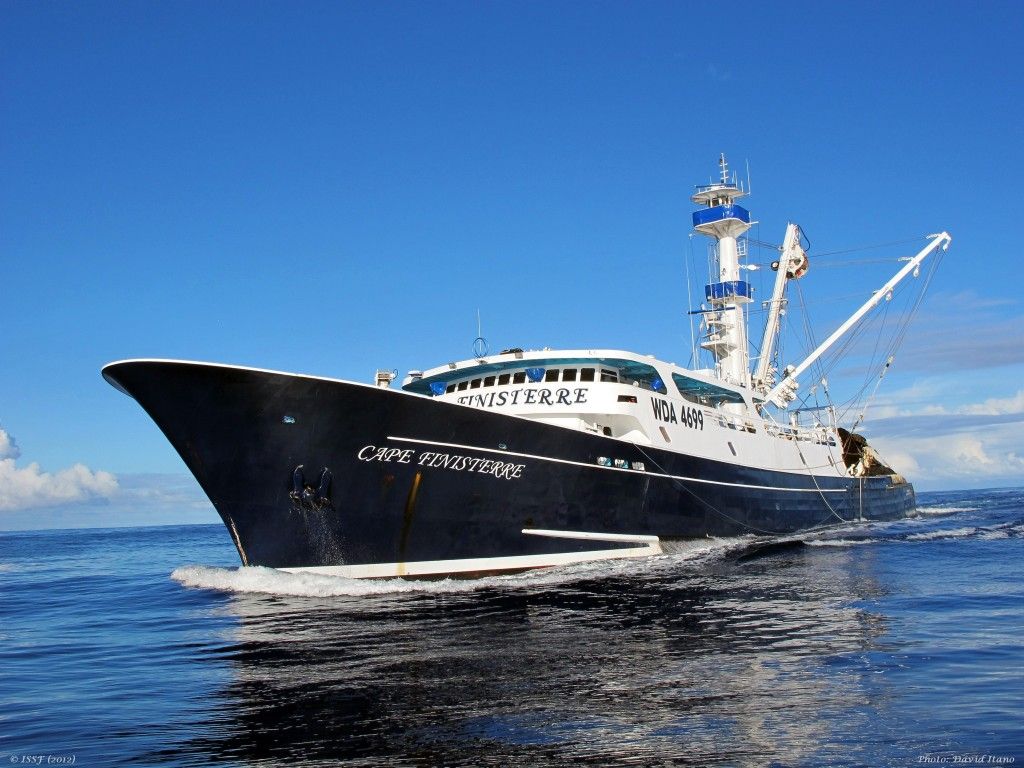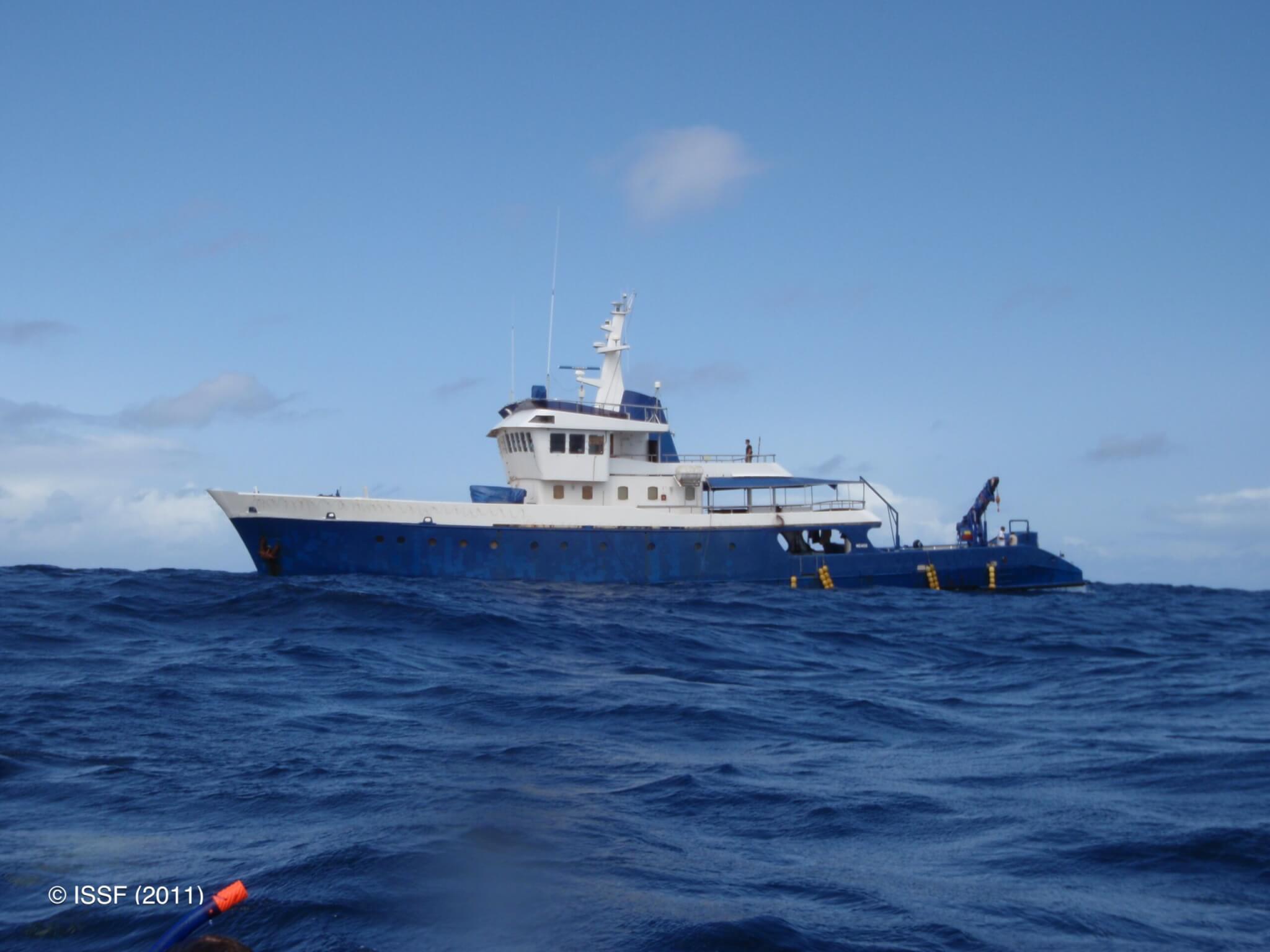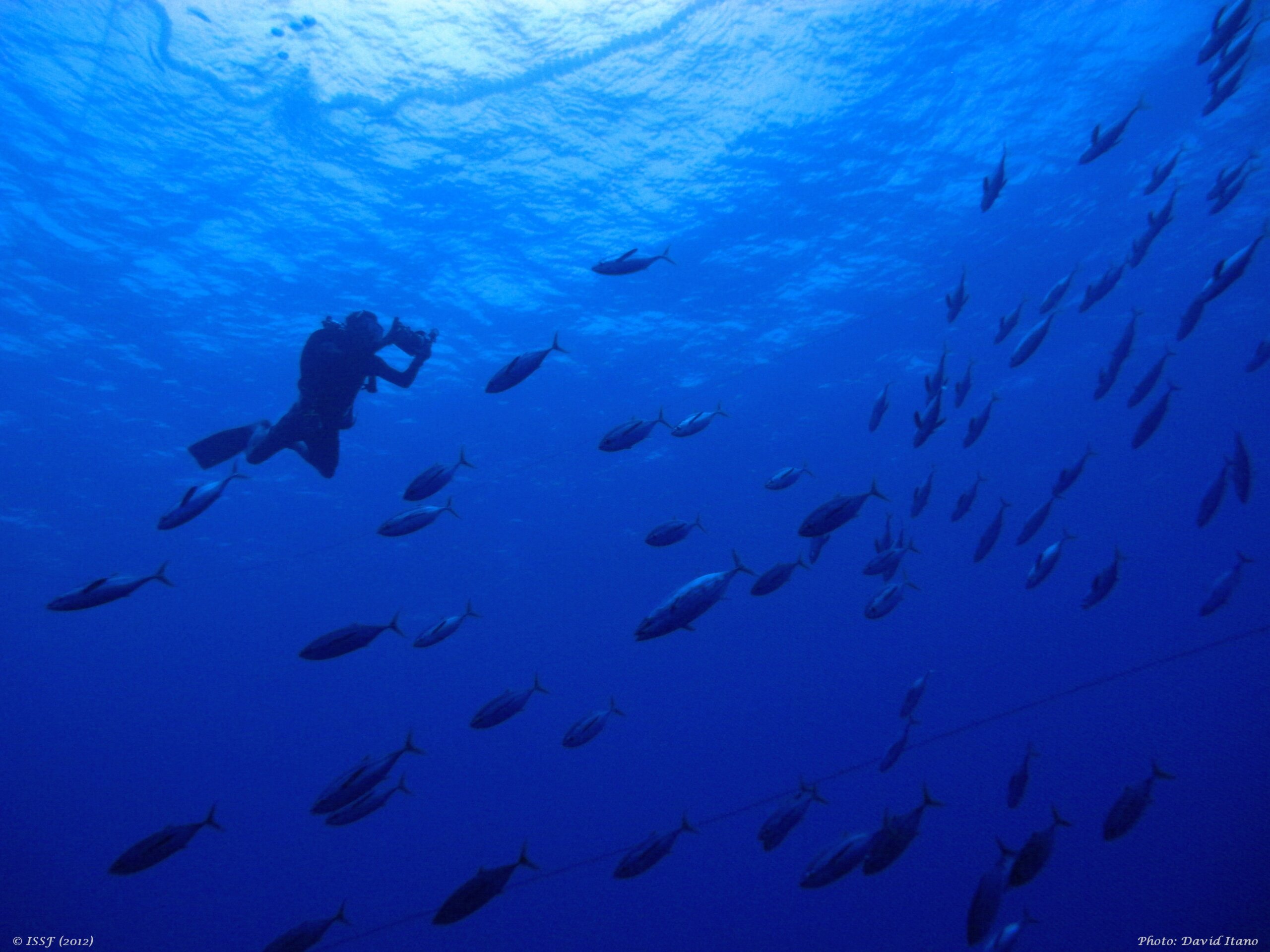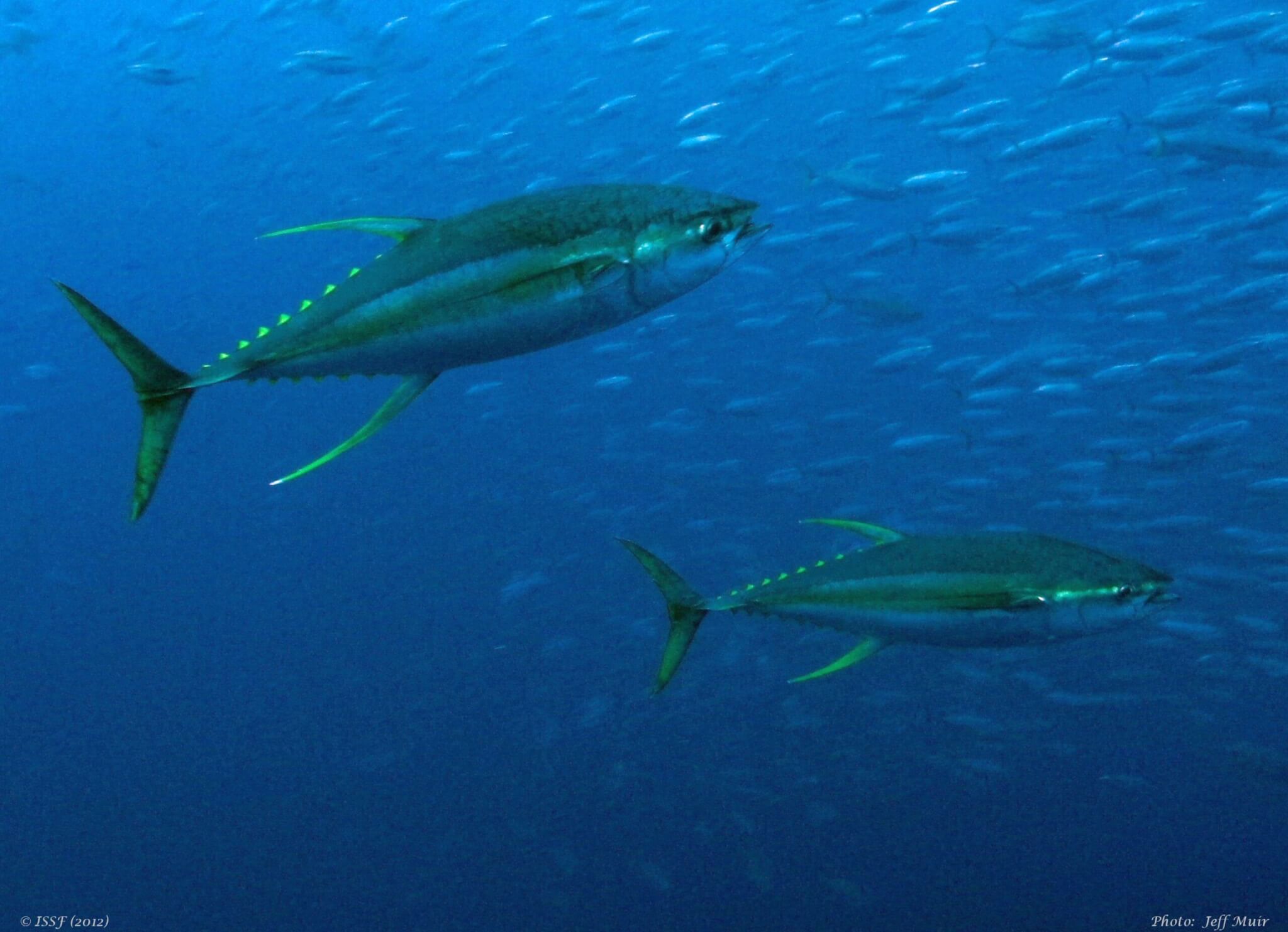
Transparency Matters
Note: This message from ISSF Scientific Advisory Committee member Dr. Andrew Rosenberg originally was published in the ISSF 2020 Annual Report in April 2021.
In my 35 years as a fisheries scientist and policy expert, I’ve come to believe that every discussion somehow revolves around transparency.
In science, for example, what information underlies our analyses? In policy, how can people trust our decisions and their effectiveness? And, as consultants to non-governmental and international organizations, government and industry, how can we build support for needed actions? It all turns on openness and honesty.
Today, I serve on the ISSF Scientific Advisory Committee. Before that, I participated in the ISSF Environmental Stakeholder Committee. I’ve seen the tuna fishery’s evolution toward sustainability come a long way.
Together, the industry and our organization have built impressive capabilities in science; improved fisheries data collection and reporting; advanced bycatch mitigation research; and worked to implement best practices for the industry—not by government mandate and enforcement, but by community agreement. This consensus, however, can function only if data and information are shared, to verify that ISSF participants follow through on what they signed up to do.
Auditing Sustainable Performance
Now, ISSF has launched a new tool for transparency in the fishing supply chain. It’s called Vessels in Other Sustainability Initiatives (VOSI), and it’s the first of its kind—a searchable online list of vessels that operate in Marine Stewardship Council (MSC)-certified tuna fisheries, or participate in tuna Fishery Improvement Projects (FIPs), worldwide.
Because sustainability begins with the vessel, the owner, the skipper and the crew, in-depth knowledge of their activities and commitments is critical. That’s why all VOSI-listed vessels undergo regular, independent audits conducted by MRAG Americas, which publishes a detailed audit protocol. (Full disclosure: I am part owner and president of MRAG Americas.) VOSI verifies commitment at the level of the individual vessel, and publicly recognizes vessels that are part of the sustainability solution.
As a transparency tool, VOSI complements ISSF’s other public vessel lists: the ProActive Vessel Register (PVR), the Record of Large-Scale Purse Seine Vessels and the Tuna Vessel IMO and UVI Numbers list.
Vessels that qualify for VOSI can ask to be cross-listed in the Record; they also can apply for inclusion in the PVR, to confirm their compliance with a suite of science-based best practices.
Building Credibility
Since the inception of ISSF, our Board of Directors has adopted conservation measures intended to help tuna companies spread concrete, continuous improvement across global fisheries and marine ecosystems. Those measures include a prohibition on shark finning; policies for tracing tuna from capture to plate; and 30 other practical, productive steps. For their part, ISSF’s participating companies—which comprise the majority of the world’s tuna processing capacity—have regularly opened their books to independent auditors that verify their conformance to science-based ISSF conservation measures.
My day job right now is directing the Center for Science and Democracy at the Union of Concerned Scientists, where we advocate for transparency in applying science to public policy. By facilitating shared information on the global tuna industry, ISSF is making transparency happen in real time. And that makes me a devoted fan.


